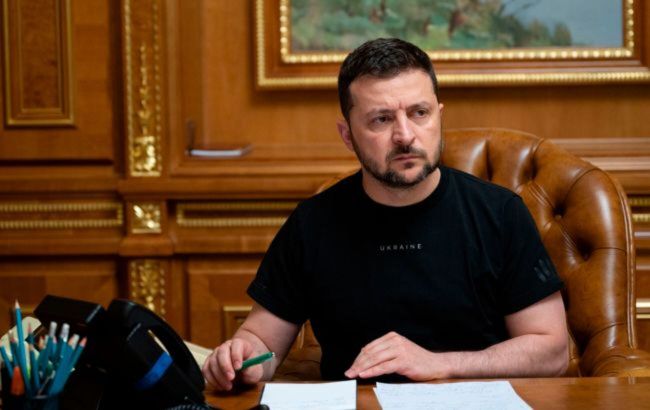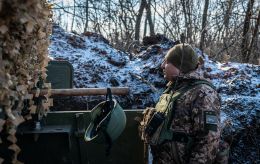Zelenskyy signs decree on military service for medics
 Photo: Volodymyr Zelenskyy (Getty Images)
Photo: Volodymyr Zelenskyy (Getty Images)
President Volodymyr Zelenskyy has signed a decree introducing changes to the Regulations on Military Service for Ukrainian Citizens in the Armed Forces. The changes specifically concern medical personnel, according to Decree No. 397 published on the official website of the Office of the President.
According to the decree, individuals, including during martial law, may not be appointed to military positions that are not directly related to the provision of medical, pharmaceutical, or rehabilitation assistance (medical service), and for which a lower level of education and qualification is required than they currently hold. This restriction applies unless such an appointment is made voluntarily.
During martial law, enlisted personnel, non-commissioned officers, and senior enlisted service members who are serving under mobilization or contract may be appointed to officer positions if they:
-
hold a master’s degree in medicine, pharmacy, psychology, rehabilitation, prosthetics, or related fields;
-
and can be assigned to officer positions in medical, psychological, or rehabilitation units, based on the needs of the Armed Forces of Ukraine.
The decree also stipulates that the reserve rank of junior lieutenant may be granted to certain categories of individuals, including citizens with a master’s degree in medicine or pharmacy (or an equivalent degree), provided they have passed certification for receiving such a rank.
Mobilization in Ukraine
President Volodymyr Zelenskyy has extended martial law and general mobilization in Ukraine until August 6, 2025.
General mobilization covers all eligible military-aged men, with specific exemptions. Women with relevant military specialties may also be mobilized, but only voluntarily.
The mobilization age in Ukraine was recently lowered from 27 to 25 years. However, lawmakers have stated that they do not intend to lower the age further.
Zelenskyy noted that Western countries previously cited Ukraine’s refusal to mobilize citizens from the age of 18 as one reason for their initial hesitation to impose sanctions against Russia.

